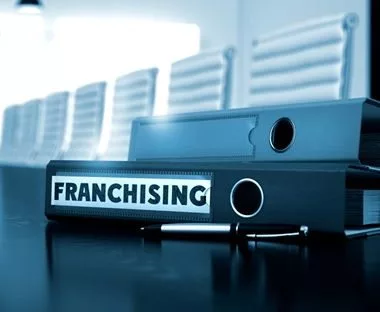
It’s easy to become confused between franchising and licensing because on the surface they sound remarkably similar. When you delve deeper, you’ll notice there are many key differences between the two, than can impact the manner in which your brand is used and how much control you have over it.At The Franchise Institute, we encourage people to consider the two options carefully before they decide which once suits their interest best. Here’s a brief explanation about the difference between the two concepts.
When you franchise your company, you give the franchisee the rights to use your brand, your products, operation system, and even your marketing strategy. In essence, you hand a readymade business to them so they don’t have to start from scratch. Customers who’re familiar with your brand and products will purchase products from the new franchise; so you’ll also give them access to an established customer base.
In exchange for this, you get upfront payment for the franchise, monthly or annual fees, or royalties from the franchisee. This is a great way to expand your business and earn more revenue from your brand.
When you sell licenses to your intellectual property, you allow the licensee to use your trademarks, designs, patents, and trade secrets. This doesn’t transfer ownership because you’ll just grant them the right to your branding or products. In exchange of the license, you get royalties, upfront payments, and monthly or annual fees, based on your agreement with the licensee. Licensing helps you minimize risk of failure because you don’t have to invest too much money into the venture.
You can choose franchising or licensing based on your own preferences and requirements, however, we do recommend franchising. Yes, there is more effort and expense involved, but you control the brand to a great extent and that ensures your franchises can’t compromise the quality and reputation of your brand and intellectual property. Success of licensing and franchising depends largely on the reputation of the brand so it’s vital to ensure you retain some control over it.
If you want to know more about franchising or want some advice, feel free to get in touch with us at The Franchise Institute. You can call us on 1300 855 435 or fill in this contact us form and we’ll reply as soon as we can.
Thanks for reading,
The Franchise Institute Team
1300 855 435